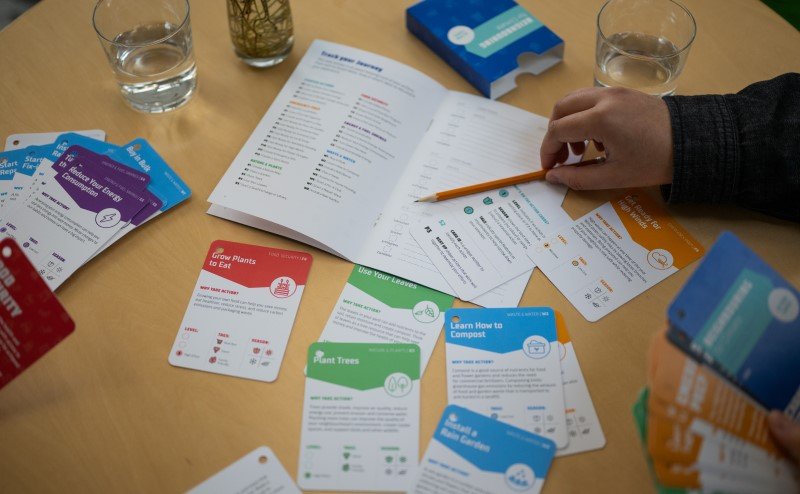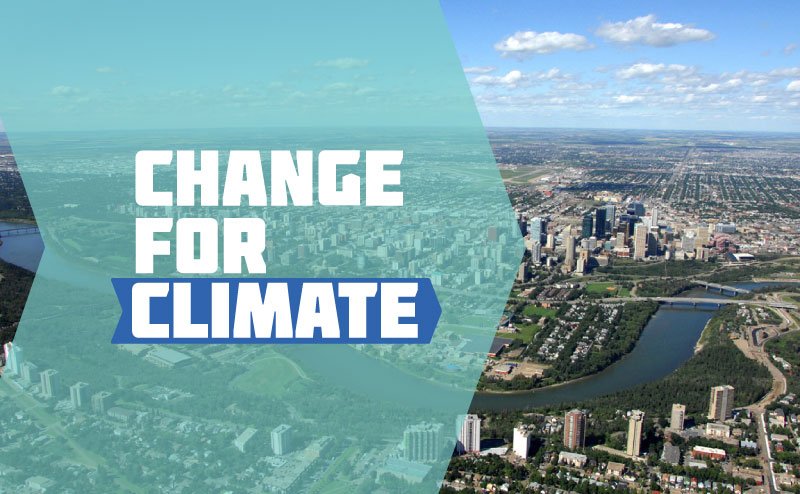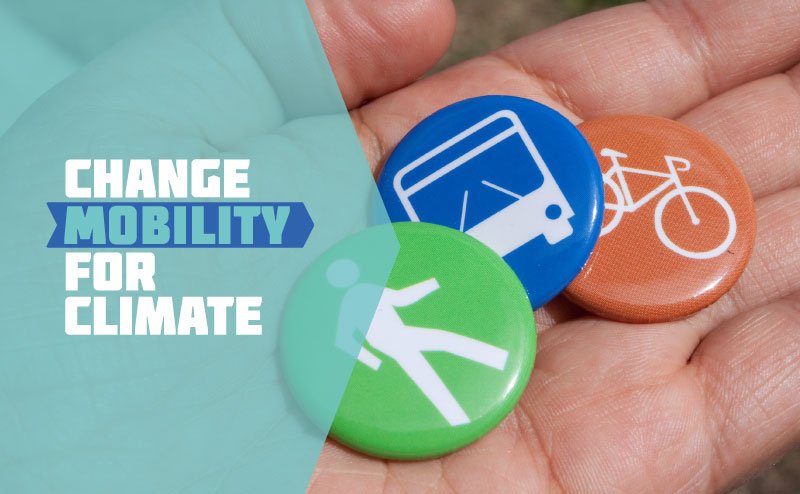We are transitioning to a low-carbon future in the City of Edmonton. Generating and expanding renewable energy and reducing and mitigating climate change are crucial to improving Edmonton's environment for today and future generations.
Please choose between the following three options:
Skip to main menu Skip to site search Continue to current page menu and content




